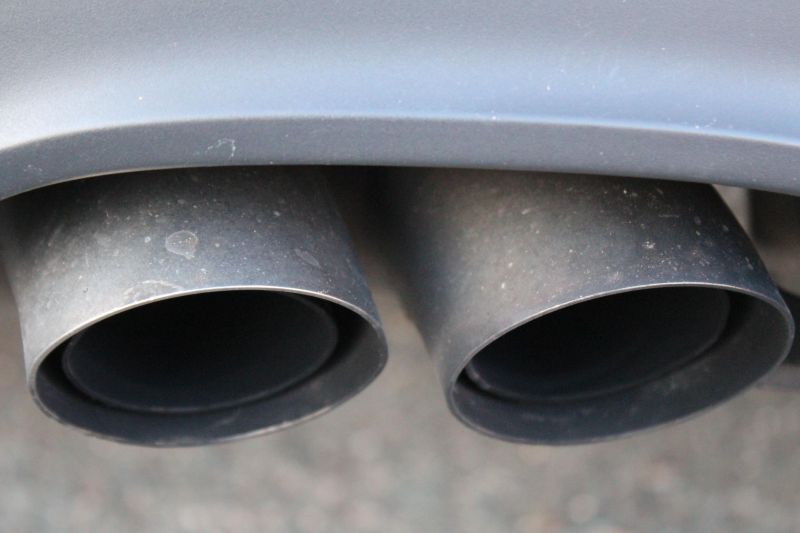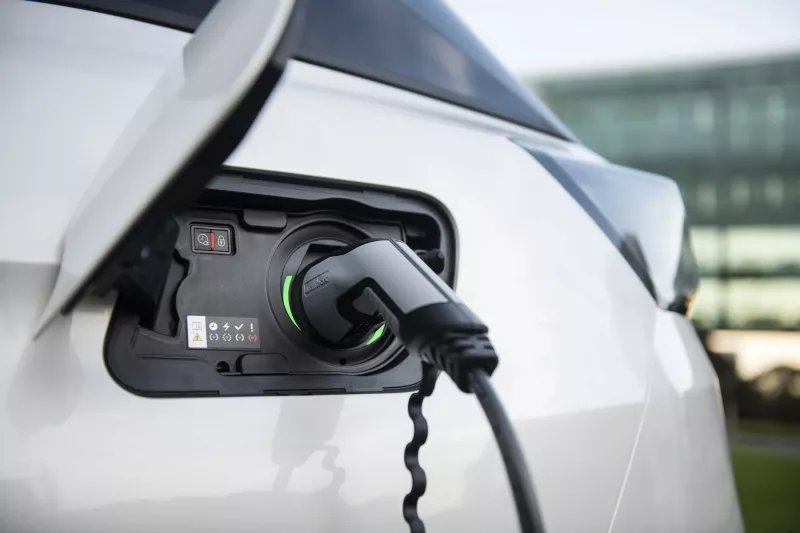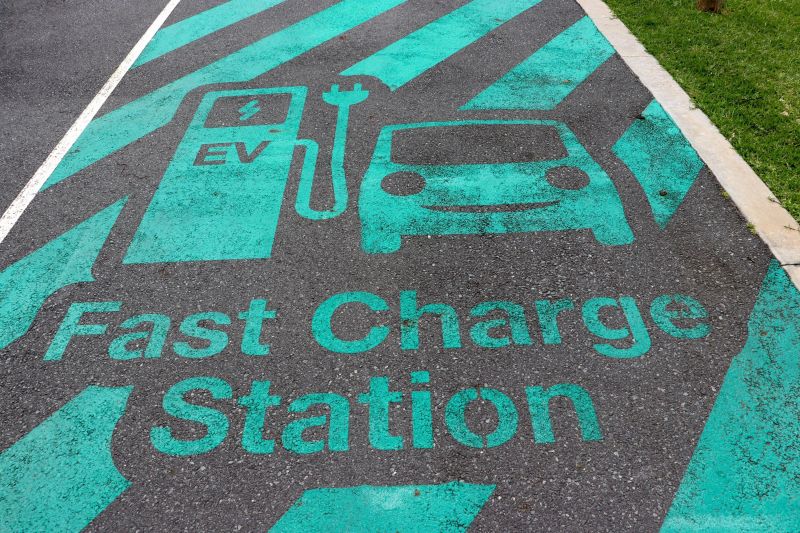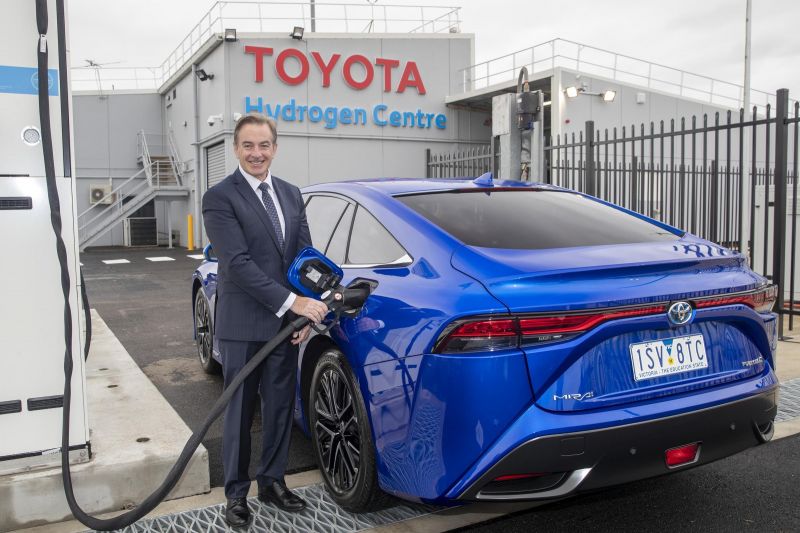The peak body for Australia’s car brands has used the change in federal government to again call for clear CO2 emissions targets backed by penalties for non-compliance – as apply in Europe.
The Federal Chamber of Automotive Industries (FCAI) put the introduction of a CO2 reduction scheme onto the agenda for the government of Australia’s new Prime Minister Anthony Albanese.
Both the FCAI and various car brands – which fund the lobby group in question – have long demanded the introduction of CO2 emissions plans with teeth.
The argument behind such a policy is that it would force the overseas factories that produce low- and zero-emission cars to send more of them to Australia, to avoid fines. Their absence has led to Australia being called a “dumping ground” for less efficient cars.
No car company that sells EVs has been able to secure remotely enough stock to satisfy Australian demand – limiting take-up, and by reducing choice indirectly increasing prices too. An example of this can be read here.
This argument has perhaps been pushed most firmly by Volkswagen Group Australia, with managing director Paul Sansom telling CarExpert earlier this year that its dealers would be stocked with more EVs, more rapidly, were a government CO2 reduction scheme be signed into law.
“It’s really that simple. In all of our Group factories… it’s one conversation that we have. Without doubt the critical part of that conversation is ‘what’s the legislation in your country’? ‘Have we got targets to meet, that if we don’t meet them, there’s going to be penalties?’,” he said.
“If we don’t have that legislation in the market, then they’re [Group factories] going to prioritise the markets that have got it, to avoid very significant fines. It changes the game completely, it really does, and it will almost change the game overnight if we can get those.”
Speaking on the issue this week, FCAI chief executive Tony Weber said now was the perfect time for the new Albanese Government to mandate an industry scheme, which he suggested should follow the template laid down by the FCAI’s voluntary CO2 emissions scheme.
The FCAI’s voluntary CO2 scheme, criticised because it cannot enforce its aims yet is signed-up to by all the car brands, was created for essentially this very purpose.
“The Australian public has made it clear that tackling climate change and reducing emissions is a primary concern. As an industry we are ready to work with the new Federal Government to transition industry’s voluntary CO2 scheme to a federally mandated one,” Mr Weber said.
Mr Weber also repeated his organisation’s view that any government CO2 plan should steer clear of focusing on any one particular low-emissions drive type, but rather set the targets and leave it to car brands to meet them their own way.
“Our members are bringing low emission technologies to market that encompass internal combustion, hydrogen, hybrid and full battery electric systems. All of these technologies will play a role in our short-medium term journey towards zero emissions and full electrification,” he said.
“Our message to government is simple. Give us the target; we will give you the technology.”
You can read a detailed summary of the EU’s CO2 reduction scheme here, with emissions targets and associated fines included.
MORE: Labor opposition details EV, hydrogen network funding plan
MORE: What electric car buyer incentives are offered across Australia?
MORE: Australian car industry keeps calling for new government-backed CO2 targets
MORE: 2021 FCAI Australian car CO2 report – slight reductions, behind target











